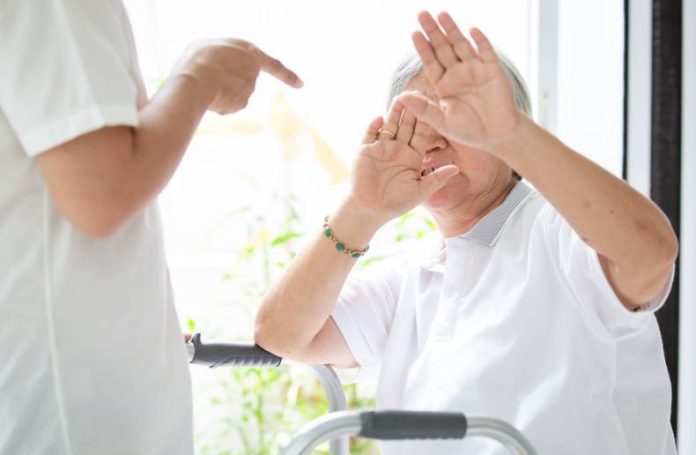Elder abuse and neglect has been hitting the headlines of major news broadcasters and publishers across the nation. Sadly there is an estimated 20,000 cases of abuse in nursing homes every year.
Some believe that number to be significantly underestimated because of under-reporting and delayed reporting which decreases the ability of those in power to assess the situation.
If you have a parent or grandparent in the care of a nursing home you should take this information to heart.
ARE NURSING HOMES SAFE?
Even those who report on nursing home abuse and neglect are not trying to suggest that nursing homes are a danger to the elderly.
What is a problem is that understaffing, lack of reporting and lack of training are not being taken seriously and this is causing a ripple of discontent and concern amongst those touched by the issue.
Theft, physical abuse, sexual and verbal abuse, and neglect have all been exposed in recent years as a hidden problem that needs to be addressed.
Unfortunately, the victims, who may be unable to speak for themselves or are dismissed as being confused or demented, have a difficult time finding defenders.
Even the children of these elderly ones may question their parent’s claims or hesitate to question staff they worry may retaliate.
The good news is that steps are being taken to change laws and policies which govern the hiring of personnel and training of staff.
Even a caring nursing aide can unintentionally cause harm due to a lack of training, necessary when caring for elderly patients who are incapable of indicating their needs or difficult to manage.
WHAT CAN YOU DO TO PROTECT YOUR PARENT?
One of the main steps a child of an elderly parent can take to protect them from neglect or abuse is to stay involved in their parent’s life.
Regular visitation and communication with your parent or the staff caring for them have many benefits. Along with the emotional benefits to your parent, staff will be aware that you are keeping an eye on the standard of care your parent is receiving.
You will also notice changes in behavior or physical symptoms such as unexplained bruising and untreated bedsores, that can be attributed to neglect or abuse before it’s too late.
If you are not able to make frequent visits you could ask friends or other relatives to stop in and visit. You can also hire an aide or contact a charitable group that can visit and reports on your parent’s care and health.
If an elderly parent makes a complaint do not quickly dismiss it. Sudden changes in their personality, eating habits, weight loss, or lack of mobility could be linked to a lack of attention and care.
If you are unfamiliar with the aging process, including the medical concerns and abilities of your parent, you may feel reluctant to question staff or report your concerns.
Research what you can about your parent’s ailments and go with your instincts; if unexplained injuries, missing objects, or a sudden change such as depression or weight loss, give you cause for concern it is in your hands to speak up and get answers or report problems.
Dealing with an aging parent has its difficulties, but taking responsibility for them is a child’s obligation. If you cannot do so personally there are arrangements you can make so your parent ages with dignity and good care.

